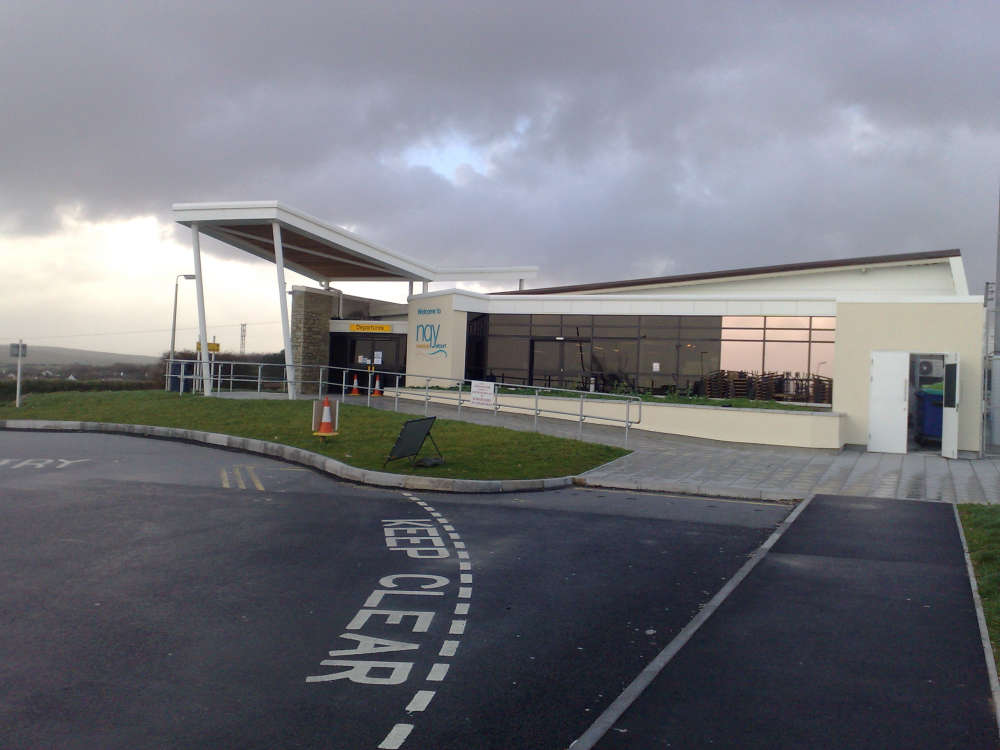
They stump up £4 million a year right now
A bid to stop the financial pressure on Cornish taxpayers subsidising the county’s airport to the tune of £4m a year took a step closer this week. Cornwall Council is proposing to find an investment partner to help develop its huge 650-acre airport estate and fund the airport, which currently runs at a loss.
Glenn Caplin-Grey, the local authority’s service director for economy and skills, told a meeting of the council’s economic growth and development overview and scrutiny committee on Tuesday (November 21) that the council was now seeing if a different operating model for the Cornwall Airport Newquay could take the financial pressure off taxpayers and allow the airport to actually become economically viable.
He said: “Over the past ten to 15 years we’ve looked to develop the airport as a centre for aerospace to maximise the economic growth, which has led to progress but not at the rate we would have liked. This is about identifying a partner who could accelerate that process and make use of the business park and undeveloped land.”
In terms of the overall estate, 14 companies employ over 448 people, with 720 jobs directly dependent upon activities on the airport estate, which includes 200 acres which is currently unused and undeveloped.
Mr Caplin-Grey added: “There is annual subsidy which falls on the Cornish taxpayer – this year that’s projected to be around £4m. On top of that there are capital expenditure items linked to maintaining the Civil Aviation Authority licence and health and safety.”
However, he stressed the airport is a huge economic generator of jobs and skills, with an estimated GVA of £72m per annum. “Although the airport does cost there is also a large economic benefit. By developing broader income streams, we’re able to create a bigger pot that subsidises the airport.”
He confirmed the council was having a number of conversations with possible partners, which is likely to result in a positive recommendation to Cabinet next spring or summer. He said part of the criteria is for the council to still be involved in the running of the airport. “How the market responds remains to be seen,” added Mr Caplin-Grey.
Sam O’Dwyer, managing director of the airport, told councillors: “We’re looking for a significant amount of capital investment before the estate’s able to turn a positive cash flow.” She said any money the airport currently invests goes straight back into the logistics of running a commercial airport. “There are 200 acres of undeveloped land but we can’t unlock it.
“We have an undeveloped asset which has a negative cash flow. In the fullness of time with investment that will become a developed asset.”
There was a mix of opinion among councillors about the move to find a partner, with some believing it’s now the only way, while others asked for caution and wondered if there was still a way the council could attract investment in a different way.
Cllr Tamsyn Widdon said: “I understand that other members and the Cornish public will be worried about us losing an asset. Wouldn’t it be wonderful if we didn’t need to do this [look for a partner], but the reality is as it stands we are subsidising something that is contrary to our stated objectives of being carbon neutral. The criticism from the green community is why are we subsidising an airport.
“My preference is that we no longer subsidise the airport and yet I do think there is an opportunity that we may be missing to leverage funding from, say, UK investment banks to get this investment ourselves.” She said she would prefer if the council “can retain ownership and governance but that’s yet to be seen”.
Phil Mason, strategic director for sustainable growth and development, replied: “There is only so much any council can borrow or put in of its own money. We already have a capital programme which is probably going to be approaching £1.5 billion. It’s extremely difficult to keep that investment in-house for the council. That might feel like the right thing in terms of control, but I don’t think as a council we can do that alone.”
A concerned Cllr Leigh Frost asked: “What contingency are we thinking of if we have a partner who says they can do all these things and then it all goes wrong?”
The council’s deputy leader and portfolio holder for resources Cllr David Harris told him: “That’s our job. We have various committees and hot shot lawyers, if I can call them that, looking at this. I’ll give you a personal assurance on this that we will make very sure that whoever comes in as an investor is properly tied down and can’t walk away in a few years. We won’t get that wrong.”
Cllr Peter La Broy added: “It strikes me that we are being told that there’s a magnificent asset on that campus for Cornwall and in the same breath it feels like we’re being tempted to give it away. I feel that perhaps we haven’t done enough work in looking at more models of direct delivery on this site.”
The council’s portfolio holder for economy, Cllr Louis Gardner, was quick to respond: “Fourteen years we’ve owned the airport across four different administrations. There have been a succession of leaders, portfolio holders and officers who have all tried their absolute damnedest to keep this going and drive economic growth on site. This is about doing something potentially different and accelerating that growth.” He added there had been quite a lot of commercial interest in the estate.
Cllr Jayne Kirkham had moved a motion before the meeting that the matter be discussed at full council, but it was refused.
She said: “This is such an important asset for Cornwall that I think all councillors should have a say at full council, but it’s at your committee to make a recommendation to Cabinet. I’d ask we take some legal advice and look at retaining the freehold ownership of the land.
“Without maintaining ownership if anything goes wrong, like it did with GLL, we know that contractual clauses don’t always work. Ships and Castles in Falmouth is now shut because circumstances changed and we weren’t able to hold them to that contract.”
Cllr Harris stressed: “This is going to be a partnership where we have a say. Were we to end up with 10% – that is highly unlikely – the agreements would be such that we’d still have a proper say in what goes on.”
The committee agreed to recommendations that it supports the council’s approach to seeking an investment partner and has sight of the final proposal and recommendation on selecting that partner before the decision goes to cabinet.
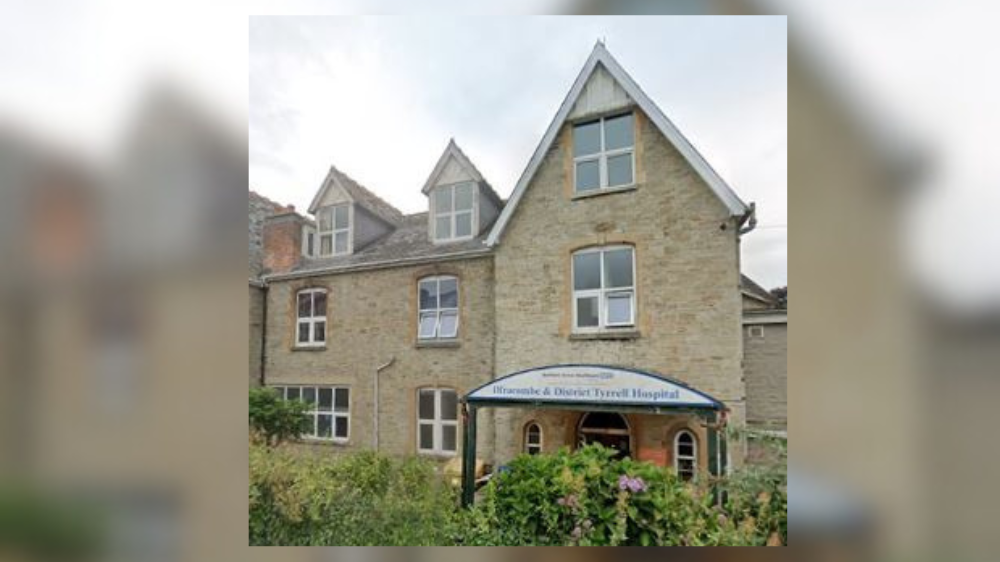 Ilfracombe fights to save minor injuries unit
Ilfracombe fights to save minor injuries unit
 Exeter green-lights traffic overhaul
Exeter green-lights traffic overhaul
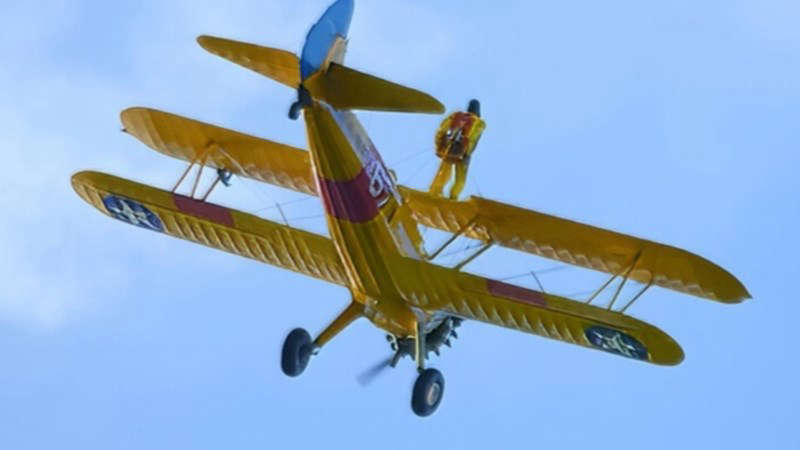 89-year-old braces for birthday fundraiser
89-year-old braces for birthday fundraiser
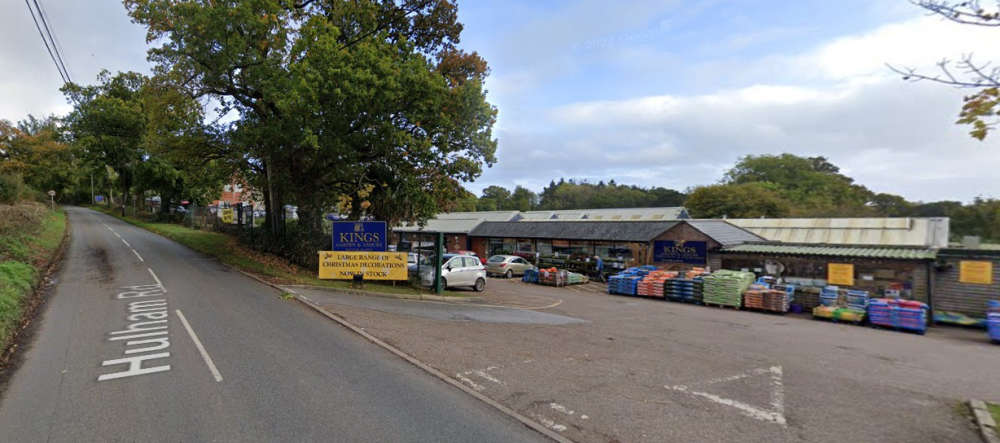 75 homes plan in Exmouth approved
75 homes plan in Exmouth approved
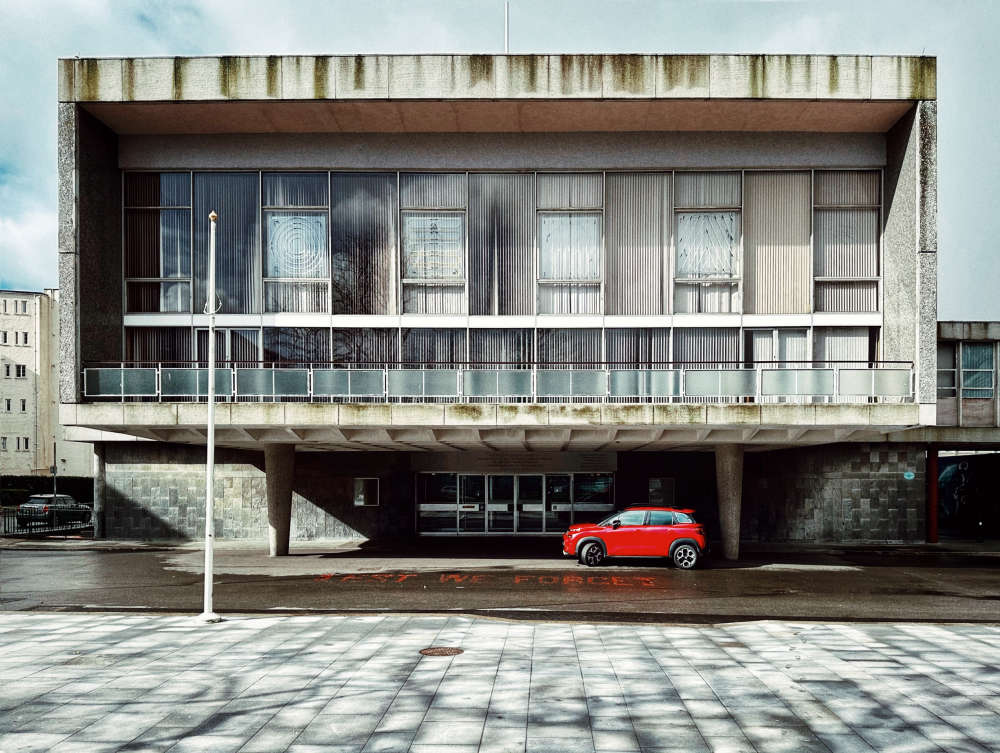 Directly elected mayor referendum in Plymouth
Directly elected mayor referendum in Plymouth
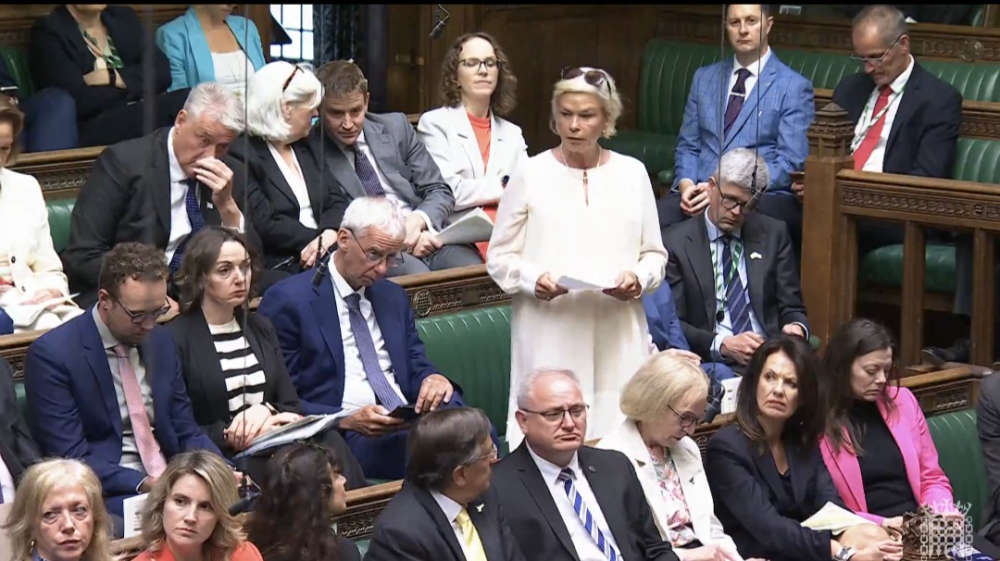 Pension changes could hit public sector workers
Pension changes could hit public sector workers
